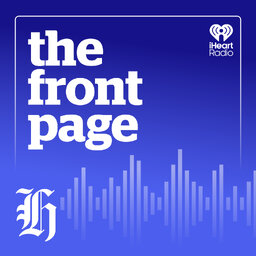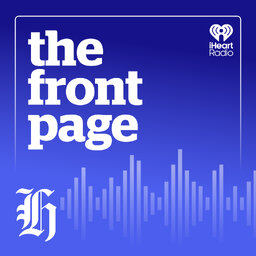Increasing budgets and changes for veterans: Inside NZ's defence shakeup
On April 25th, 110 years ago, soldiers from the Australian and New Zealand Army Corps landed at Gallipoli.
About 8,700 Australians and 2,700 Kiwis would die over the eight-month campaign that followed.
Since then, the term Anzac has symbolised decades of mateship – and the day is observed now by a number of Pacific nations as well.
The date serves as a time to remember those who served and died in all wars, conflicts, and peacekeeping operations – but until very recently, how we defined veteran was quite narrow.
Today on The Front Page, NZ Herald senior reporter, David Fisher, is with us to take us through the latest changes in this realm – and how our defence focus is changing.
Follow The Front Page on iHeartRadio, Apple Podcasts, Spotify or wherever you get your podcasts.
You can read more about this and other stories in the New Zealand Herald, online at nzherald.co.nz, or tune in to news bulletins across the NZME network.
Host: Chelsea Daniels
Sound Engineer: Richard Martin
Producer: Ethan Sills
 The Front Page
The Front Page


